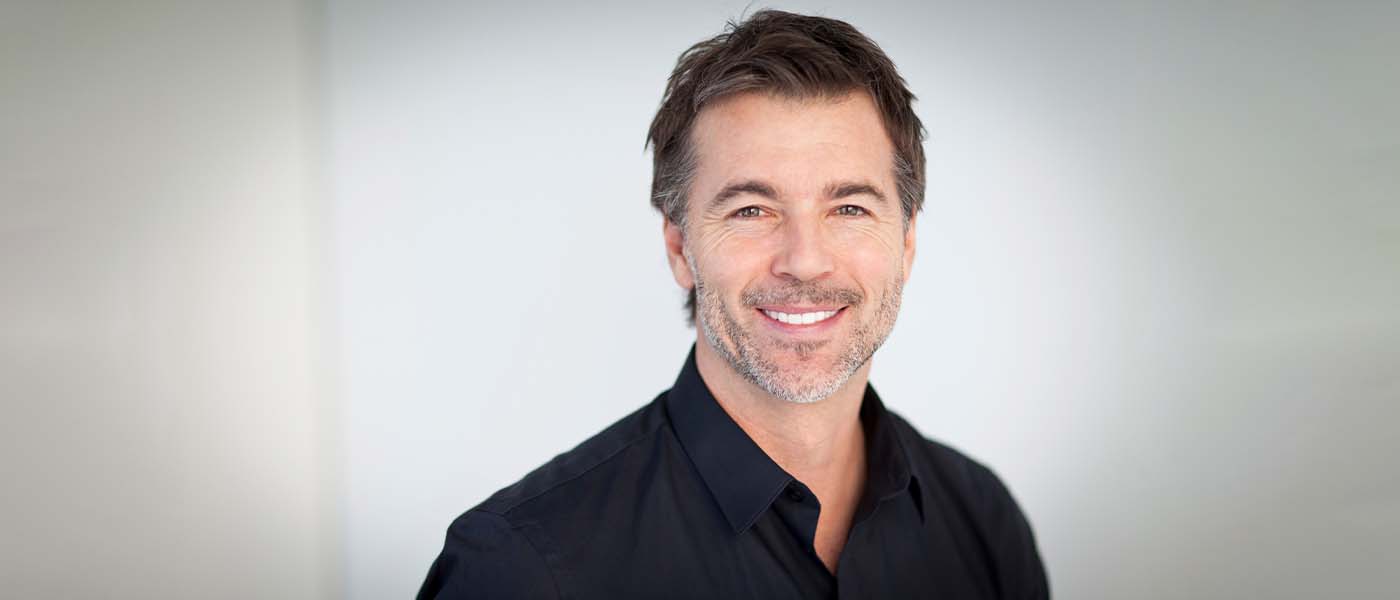
At Genesis Lifestyle Medicine, we understand that mental and physical well-being are intricately connected. While antidepressants play a crucial role in managing depression and anxiety, they can also impact various aspects of your life, including sexual performance. Understanding these effects is essential for managing your overall health. In this article, we explore the various ways different types of antidepressants can affect male sexual performance and erectile dysfunction (ED) and offer practical solutions to regain your vitality.
Selective serotonin reuptake inhibitors (SSRIs)
SSRIs, including sertraline (Zoloft), fluoxetine (Prozac), citalopram (Celexa), and paroxetine (Paxil), are prescribed for depression and anxiety. These medications work by increasing serotonin levels in the brain, which can improve mood but also interfere with sexual function. The increased serotonin levels can lead to reduced libido, delayed ejaculation, and difficulties in achieving or maintaining an erection. Paroxetine, in particular, has been shown to affect up to 76% of users, making it one of the SSRIs with the highest risk of sexual side effects.

Serotonin and norepinephrine reuptake inhibitors (SNRIs)
SNRIs, such as venlafaxine (Effexor XR) and duloxetine (Cymbalta), treat both depression and anxiety by affecting serotonin and norepinephrine levels. These medications can also manage nerve pain. However, like SSRIs, SNRIs are associated with sexual side effects, impacting up to 70% of users. These side effects include decreased libido, erectile dysfunction, and delayed ejaculation. If you’re experiencing these symptoms, discuss them with your provider. There may be alternative medications or adjunct treatments to mitigate the side effects.
Benzodiazepines
Benzodiazepines, such as alprazolam (Xanax) and lorazepam (Ativan), are prescribed for anxiety and panic disorders. They work by calming the brain but can also interfere with sexual performance. These medications can cause muscle relaxation and sedation, leading to difficulties with sexual arousal and performance. Men who take benzodiazepines are two to three times more likely to experience ED. If benzodiazepines are necessary for your anxiety management, your healthcare provider can explore strategies to reduce their impact.

Antipsychotics
Antipsychotic medications are used to treat conditions like schizophrenia and bipolar disorder. These medications work by blocking dopamine, a neurotransmitter that is crucial for sexual arousal. As such, some antipsychotics, like haloperidol (Haldol) and risperidone (Risperdal), have been associated with high rates of ED, affecting up to 70% of users. However, not all antipsychotics have the same level of risk. Aripiprazole (Abilify), olanzapine (Zyprexa), and quetiapine (Seroquel) are less likely to cause sexual side effects.
Tricyclic antidepressants (TCAs)
TCAs, including amitriptyline and imipramine (Tofranil), are older antidepressants that are sometimes prescribed when other medications aren’t effective. They are also used for chronic pain and migraines. However, TCAs are linked to sexual side effects, with about 30% of users experiencing ED. The mechanism by which TCAs cause sexual dysfunction is not fully understood, but it is believed to involve multiple neurotransmitters that affect arousal. If TCAs are part of your treatment plan, adjunctive treatments may be necessary.

Effective treatment options for ED
When dealing with erectile dysfunction (ED) as a side effect of antidepressants or other medications, there are several effective treatment options available. These treatments can help restore sexual function and improve quality of life without interfering with your medications. Here are some of the most promising options offered by Genesis Lifestyle Medicine:
- Shockwave Therapy: Shockwave Therapy is a non-invasive treatment that uses low-intensity sound waves to improve blood flow to the penis. This therapy promotes the formation of new blood vessels and breaks down microplaque, which can enhance erectile function. The procedure is quick, typically lasting about 20-30 minutes, and requires no downtime.
- P-Shot: The P-Shot, or Priapus Shot, is an innovative treatment that involves injecting platelet-rich plasma (PRP) derived from your own blood into the penis. PRP contains growth factors that stimulate tissue regeneration and increase blood flow. This procedure can improve erectile function, increase sensitivity, and even enhance the size of the penis (moderately).
- Priapus Toxin: Priapus Toxin, also known as botulinum toxin, is another effective treatment for ED. It works by relaxing the smooth muscles in the penis, which can improve blood flow and facilitate erections. Priapus Toxin is beneficial for men who have not responded well to other ED treatments or who are looking for an alternative to oral medications.
- TriMix: TriMix is a combination of three medications—alprostadil, papaverine, and phentolamine—that are injected directly into the penis to produce an erection. TriMix injections are typically administered before sexual activity and can result in an erection that lasts for up to an hour. With proper instruction from a provider, TriMix can be safely used at home.
At Genesis Lifestyle Medicine, we recognize the importance of both mental and sexual health. If you’re experiencing sexual side effects from antidepressants or other medications, discuss these issues with your healthcare provider. We offer advanced treatments to address the root causes of erectile dysfunction without interfering with your medications, thus helping you manage your mental health and reclaim sexual vitality.



